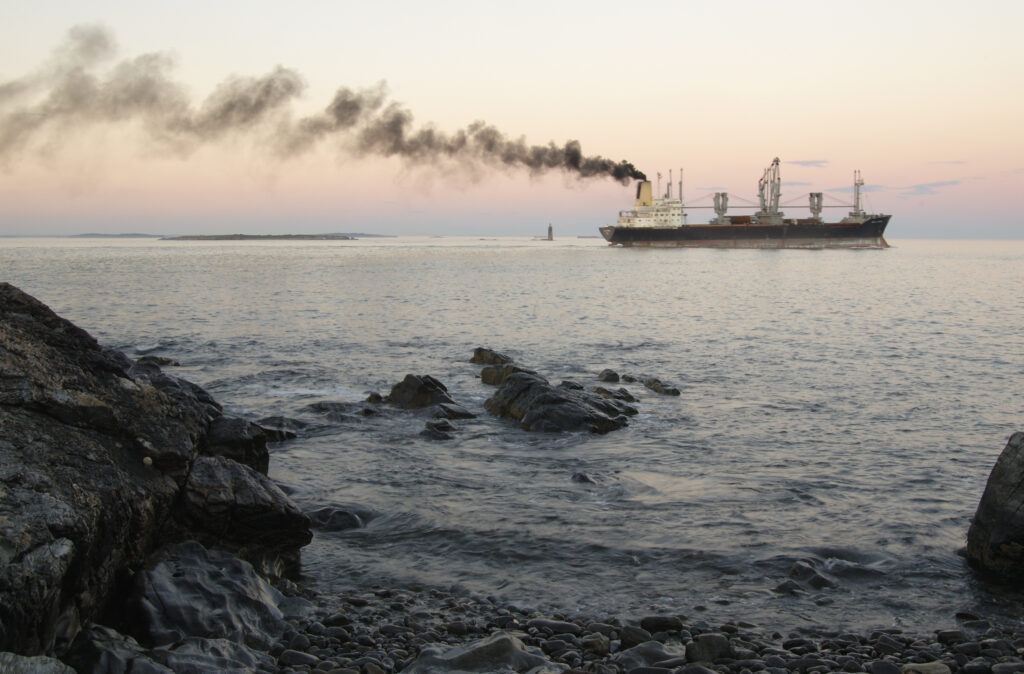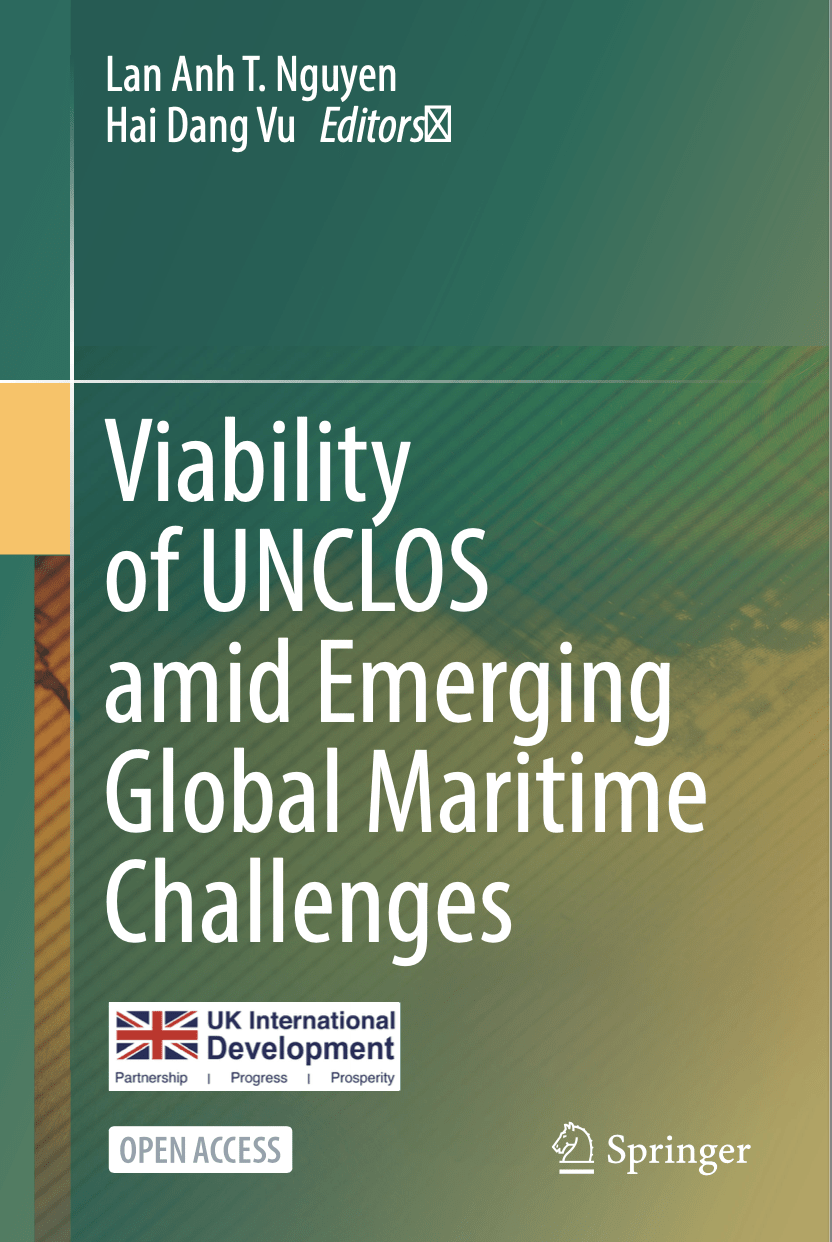Compared to China, less discussion has been devoted to the responses of Japan and South Korea. In light of the sanctions on Russia, none of the three countries, which have a common interest in shipping through the Arctic, conducted a single voyage through Russia’s Northern Sea Route last year. But Japan, which is highly dependent on energy imports, has kept its stake in the Sakhalin-1 LNG project with Russia.
Meanwhile, there is growing recognition among Russian decision-makers that what Russia offers China is no longer indispensable – China can find alternative cooperation partners with other Arctic states.
But Russia may also seek investment from other Asian states – for instance, India. The Indian government has appeared eager to take advantage of “distress sales” of Russian energy assets, such as when ExxonMobil decided to give up its stake in the Sakhalin-1 project. India has long wanted to reduce its dependence on energy imports from the Middle East.
India’s Arctic policy has taken an unmissable geopolitical turn since late 2017, evolving from a largely science-only approach to committing itself to the development of the Northern Sea Route, primarily to supply Russian energy to India.
Whatever their losses or gains, the five Asian states face similar questions on their role in the Arctic Council, whose consensus-based governance structure no longer functions. Will a hotly debated “Arctic Council 2.0” gain support among non-Arctic states with a deep interest in Arctic governance?
Will these Asian observers – which have growing Arctic interests and have contributed much to Arctic research – welcome the opportunity to establish a more solid role in this region’s affairs? How will they adapt to a changing Arctic Council?
Whether the Arctic Council can continue its work on environmental protection and sustainable development without Russia’s participation remains debatable, given the decades-long tradition of scientific collaboration between nations in this region, which include Russia.
The Arctic Council, despite uncertainty, has developed a way of working where it was able to catalyse legally binding agreements between the Arctic states and with non-Arctic states. These agreements include one on search and rescue in 2011, on oil spills in 2013, on scientific cooperation in 2017, and on a polar code in 2017. In 2021, an agreement to prevent unregulated commercial fishing in the central Arctic Ocean came into force, binding countries such as China, South Korea and Japan.
Importantly, the Arctic Council is still the only permanent forum for cooperation in the region and has played an important role in protecting its environment and promoting sustainable development.
The observer states have remained active and continue to articulate their official strategies and to pay senior-level official visits to the region. But scholarship in these states needs to move beyond questions on their role in the changing Arctic Council, and start to examine their engagement in a globalised Arctic in flux.





Diverging Currents: U.S.–China Strategies on Deep Seabed Mining and the Future of Ocean Governance